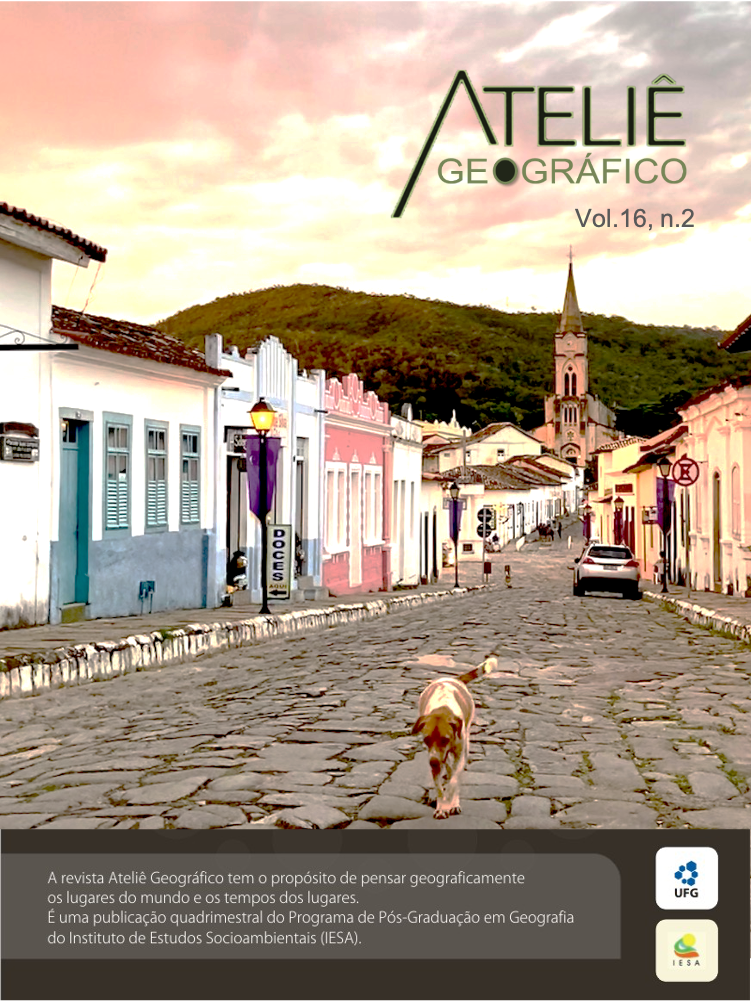Um Experimento de baixo custo: contribuição para coleta de dados e monitoramento para estudos climáticos
DOI:
https://doi.org/10.5216/ag.v16i2.70636Resumo
Estações meteorológicas são essenciais para o estudo da climatologia. Entretanto, elas possuem alto custo de aquisição e, em algumas localidades, apenas uma está disponível para cobertura de uma área geográfica extensa, o que traz imprecisão aos dados coletados quando consideramos as diferentes regiões da cidade. Nesse sentido, o objetivo principal deste trabalho foi a elaboração e avaliação de uma estação meteorológica que fornecesse leituras de seus sensores com base na Internet das Coisas em uma plataforma web de acesso livre, informando aos usuários como está o tempo no local onde a estação foi implantada no momento do acesso. A solução proposta (nomeada de IoTupã) possui baixo custo, potencial de implantação em diversas regiões, além de gerar e armazenar os dados para uso em ensino e pesquisa. Uma avaliação foi conduzida para avaliar a acurácia da medição realizada pela estação. Resultados preliminares indicam que a estação construída foi bem sucedida em seu propósito e apresenta acurácia satisfatória nas aferições realizadas em áreas rurais e urbanas da cidade de Porto Seguro - BA.
Downloads
Downloads
Publicado
Como Citar
Edição
Seção
Licença
Autores que publicam nesta revista concordam com os seguintes termos:- Autores mantém os direitos autorais e concedem à revista o direito de primeira publicação, com o trabalho simultaneamente licenciado sob a Licença Creative Commons Attribution que permite o compartilhamento do trabalho com reconhecimento da autoria e publicação inicial nesta revista.
- Os autores não serão remunerados pela publicação de trabalhos na Revista Ateliê Geográfico. Além disso, os conteúdos publicados são de inteira e exclusiva responsabilidade de seus autores, ainda que reservado aos editores o direito de proceder a ajustes textuais e de adequação às normas da publicação.
- Autores têm permissão e são estimulados a divulgar seu trabalho online (ex.: em repositórios institucionais ou na sua página pessoal), já que isso pode gerar alterações produtivas, bem como aumentar o impacto e a citação do trabalho publicado (Veja O Efeito do Acesso Livre).


